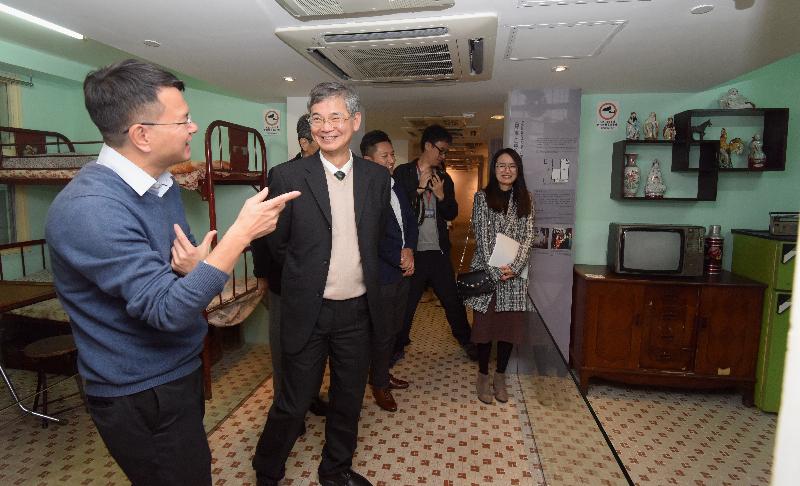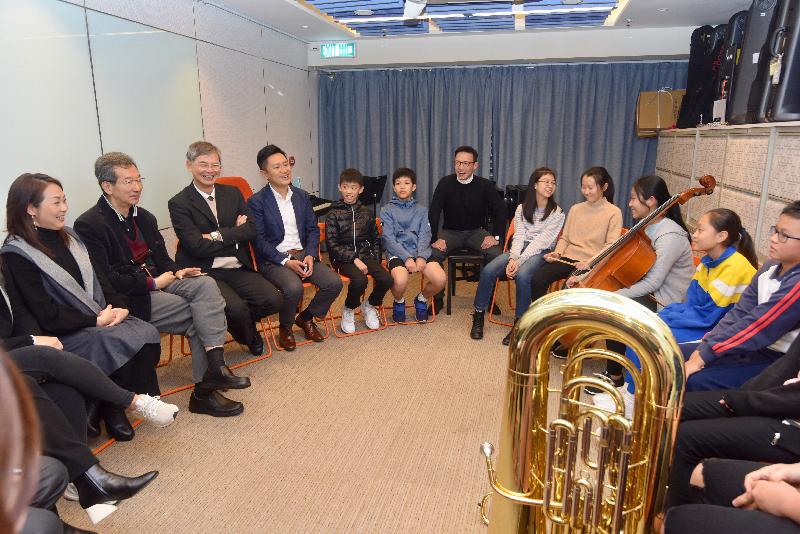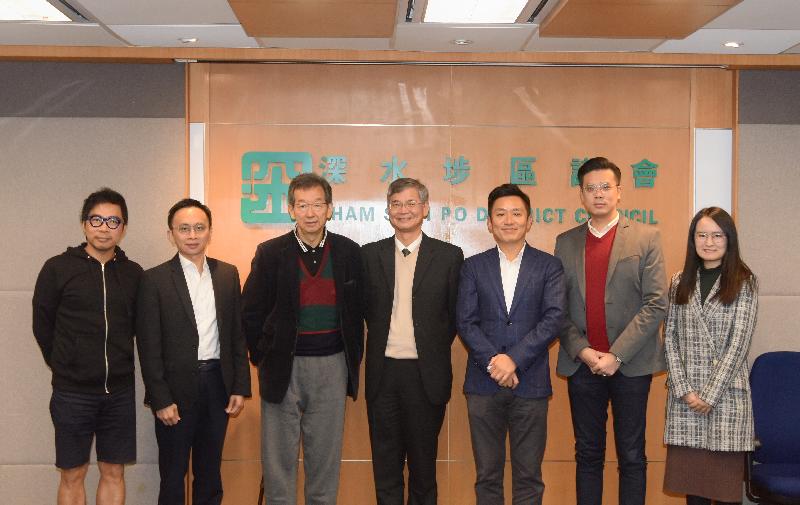The Centre for Health Protection (CHP) of the Department of Health is today (January 4) investigating three cases of severe paediatric influenza A infection.
The first case involves a 4-year-old boy with good past health, who has presented with fever, cough with sputum and runny nose since December 28. He was admitted to Hong Kong Baptist Hospital (HKBH) on December 31 and was subsequently transferred to the paediatric intensive care unit (PICU) of Kwong Wah Hospital for further management today. He is now in a serious condition. His nasopharyngeal swab tested positive for influenza A(H3) virus upon laboratory testing. The clinical diagnosis was influenza A infection complicated with severe pneumonia.
Initial enquiries revealed that the patient had received seasonal influenza vaccination (SIV) for the current season and had travelled to the United Kingdom from December 12 to 26. His elder brother was diagnosed with pneumonia and admitted to HKBH and is now in a stable condition, while his father and grandmother had upper respiratory tract infection symptoms recently and had already sought medical attention without hospitalisation. His other home contacts have remained asymptomatic so far.
The second case involves a 4-year-old girl with good past health, who has presented with fever, cough, runny nose, decreased appetite and vomiting since December 26. She was brought to the Accident and Emergency Department of Princess Margaret Hospital (PMH) yesterday and was admitted to the PICU of PMH on the same day. She is now in a serious condition. Her nasopharyngeal aspirate (NPA) tested positive for influenza A virus upon laboratory testing. The clinical diagnosis was influenza A infection complicated with severe pneumonia.
Initial enquiries revealed that the patient had not received SIV for the current season and had no travel history during the incubation period. Her father and elder sister had upper respiratory tract infection symptoms recently and are in a stable condition. Her other home contacts have remained asymptomatic so far.
The third case involves a 6-year-old girl with good past health, who has presented with fever, cough and vomiting since January 1. She was admitted to United Christian Hospital (UCH) yesterday and was subsequently transferred to the PICU of UCH for further management on the same day. She is now in a critical condition. Her NPA tested positive for influenza A virus upon laboratory testing. The clinical diagnosis was influenza A complicated with encephalitis.
Initial enquiries revealed that the patient had not received SIV for the current season and had no travel history during the incubation period. Her younger brother had influenza-like illness (ILI) symptoms since December 31 and had already sought medical attention and recovered. Her other home contacts have remained asymptomatic so far.
The CHP's investigations are ongoing.
"Hong Kong has entered the 2018-19 winter influenza season. We anticipate that local seasonal influenza activity will continue to rise in the coming weeks and remain at an elevated level for some time. Members of the public should remain vigilant for protection against influenza," a spokesman for the CHP said.
"Particularly, children, people aged 50 to 64 years, the elderly and those with underlying illnesses who have not yet received influenza vaccination this season are urged to get vaccinated as early as possible to prevent seasonal influenza as it takes about two weeks for antibodies to develop in the body after vaccination. They should promptly seek medical advice if influenza-like symptoms develop so that appropriate treatment can be initiated as early as possible to prevent potential complications. Parents and carers are reminded to render assistance in prevention, care and control for vulnerable people," the spokesman added.
Besides receiving seasonal influenza vaccination as early as possible for personal protection, the public should maintain good personal and environmental hygiene for protection against influenza and other respiratory illnesses. For more information, please visit the CHP's influenza page and weekly Flu Express.


